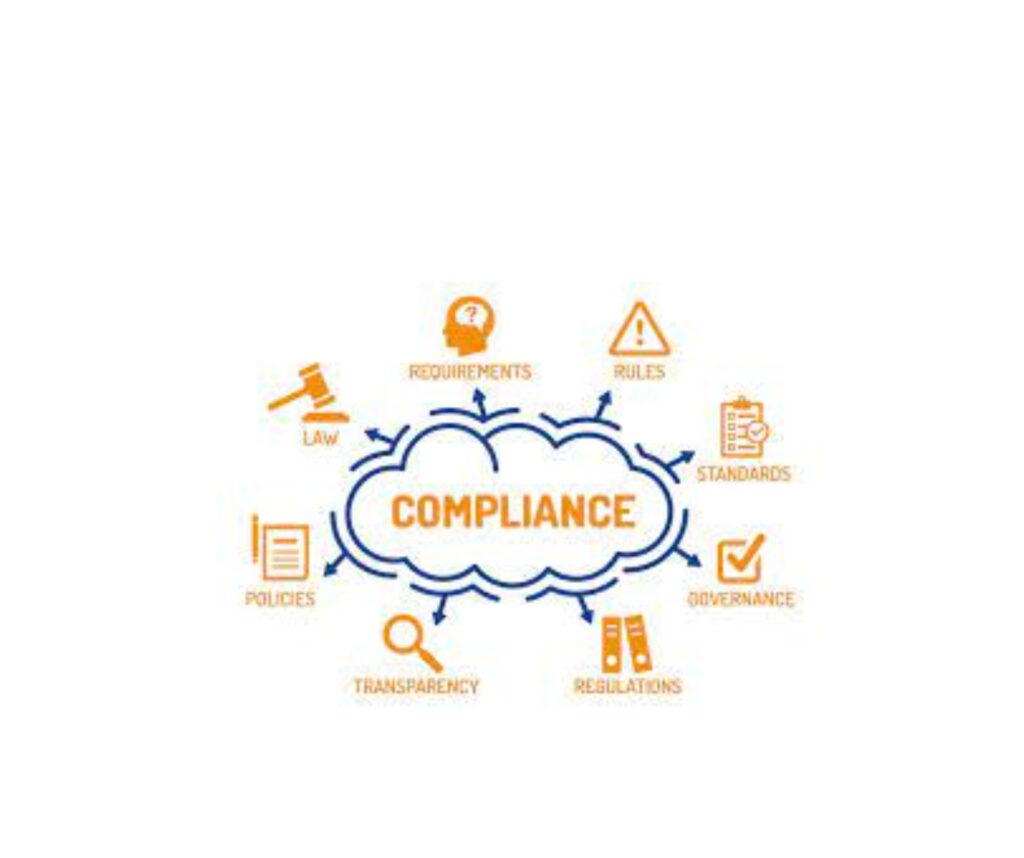Secretarial compliances for listed company, there are specific secretarial compliances that must be adhered to in addition to the general compliance requirements. These compliances are aimed at ensuring transparency, investor protection, and adherence to the regulations governing listed entities.
Here are some key secretarial compliances for a listed company:
1.Listing Agreement Compliance:
(a).Ensure compliance with the listing agreement requirements of the stock exchange(s) where the company is listed.
(b).Submit periodic reports, disclosures, and information as per the listing agreement provisions.
(c).Comply with disclosure requirements for events such as financial results, change in shareholding, or other material information.
2.Board and Committee Meetings:
(a).Organize and facilitate board meetings, including the preparation of agendas, collation of board papers, and recording of minutes.
(b).Comply with the frequency and quorum requirements for board and committee meetings as prescribed by applicable regulations.
(c).Ensure timely communication and dissemination of information to board members and committee members.
3.Corporate Governance:
(a).Comply with corporate governance norms and regulations applicable to listed companies, such as the Companies Act, SEBI (Listing (b).Obligations and Disclosure Requirements) Regulations, and the Secretarial Standards.
(c).Implement effective governance practices, including constitution and functioning of board committees, risk management framework, and code of conduct for directors and employees.
4.Disclosures and Filings:
(a).Ensure timely and accurate filing of various regulatory forms, reports, and disclosures with regulatory authorities, such as the Registrar of Companies (RoC), stock exchanges, and the Securities and Exchange Board of India (SEBI).
(b).Make necessary disclosures related to material events, related party transactions, and insider trading as per the applicable regulations.
(c).Submit annual reports, financial statements, and other periodic reports to regulatory authorities and shareholders.
5.Shareholder Relations:
(a).Comply with regulations governing shareholder communication and engagement, including timely dissemination of notices, circulars, and annual reports.
(b).Conduct annual general meetings (AGMs) in compliance with statutory requirements, including notice period, quorum, and voting procedures.
(c).Address shareholder grievances, queries, and requests promptly and in accordance with the prescribed guidelines.
6.Insider Trading and Code of Conduct:
(a).Ensure compliance with insider trading regulations and implement robust internal controls to prevent insider trading.
(b).Develop and implement a code of conduct and ethics for directors, officers, and employees, in line with regulatory requirements.
7.Secretarial Audit:
Conduct an annual secretarial audit by an independent practicing company secretary and submit the secretarial audit report to regulatory authorities.
It is crucial for Secretarial compliances for listed company to engage the services of a qualified company secretary and regularly review their compliance obligations to ensure adherence to applicable regulations. By maintaining these secretarial compliances, listed companies uphold good governance practices, protect shareholder interests, and demonstrate their commitment to transparency and regulatory compliance.
FAQs
1. What are secretarial compliances for listed companies?
Ans: Secretarial compliances are legal and regulatory requirements that a listed company must adhere to, including filing documents with regulatory bodies, maintaining corporate records, and ensuring corporate governance.
2.Which regulatory body oversees secretarial compliances in India?
In India, the Securities and Exchange Board of India (SEBI) oversees secretarial compliances for listed companies.
3. What is the role of a Company Secretary (CS) in ensuring compliance?
Ans: A Company Secretary (CS) is responsible for ensuring that the company adheres to legal and regulatory requirements, filing necessary documents, and maintaining records.
4. What are the key documents a listed company must file with SEBI?
Ans: Key documents include quarterly financial results, annual reports, shareholding patterns, and disclosures related to corporate governance.
5. Is an annual general meeting (AGM) mandatory for listed companies?
Ans: Yes, listed companies must hold an AGM each year to discuss financial performance, elect directors, and address shareholder concerns.
6.What is a Board of Directors’ meeting, and how often should it be held?
Ans: A Board of Directors’ meeting is where directors discuss company affairs and make strategic decisions. It should be held at least once every quarter, with the number of meetings varying by company policy.
7. What is the significance of maintaining a Register of Members?
Ans: The Register of Members records details of all shareholders and is crucial for ensuring accurate shareholder communications and compliance with regulations.
8. What are the filing requirements for changes in the Board of Directors?
Ans: Any changes to the Board of Directors must be reported to SEBI and the stock exchange within a specified time frame, usually within 30 days of the change.
9. What is the importance of corporate governance reports?
Ans: Corporate governance reports ensure transparency and accountability in a company’s management practices, helping maintain investor confidence and compliance with legal standards.
10. Are there specific requirements for disclosures related to related party transactions?
Ans: Yes, listed companies must disclose related party transactions in their financial statements and annual reports, ensuring transparency and avoiding conflicts of interest.
To visit https://www.mca.gov.in

